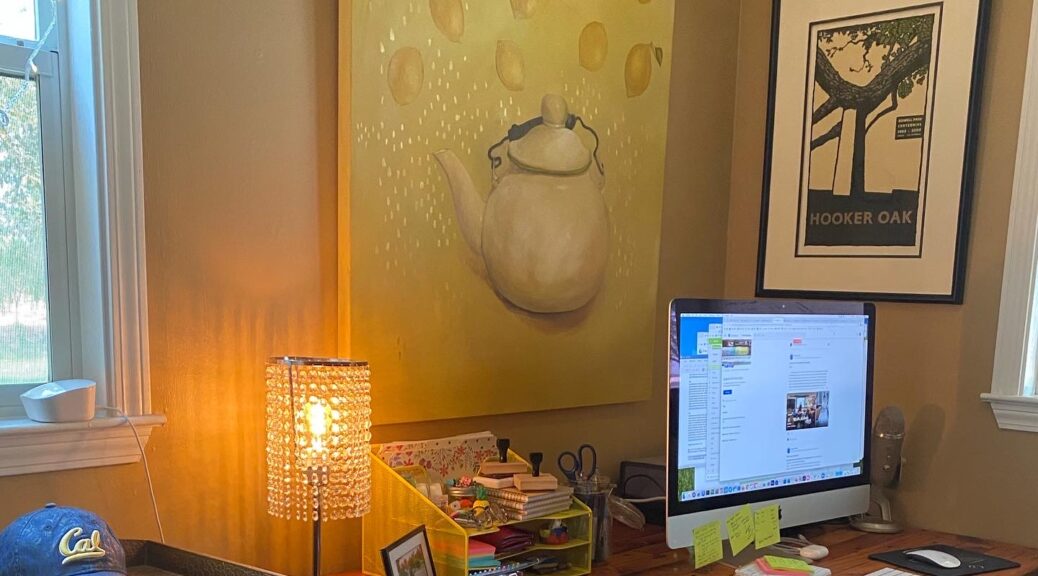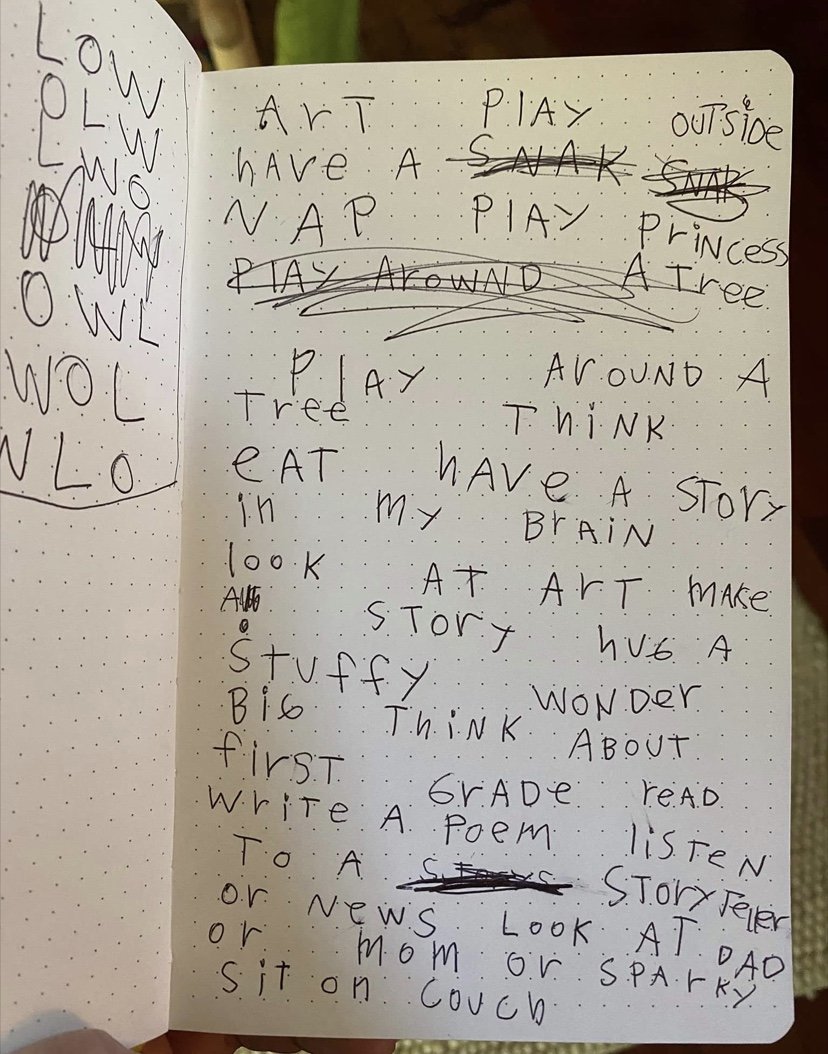
Session 4: Reading & Writing
Before our session, upload (or copy and paste) an assignment you use with students. Hoping we’ll share these in our Currents Community. Ideally, we can share prompts or assignments that we hope to revise for a future semester.
Guiding Question: How do we support the reading and writing practices in our disciplines?
 We’ll start the morning by reading one of the following options and comment in Perusall:
We’ll start the morning by reading one of the following options and comment in Perusall:
- Jenni Nelson’s “Reading the Classroom as Text…”
- One of the chapters (Whiteboards or Final Papers) from Composing Science (this link includes lesson plans for the chapters)
- Nancy Sommers’ “Responding to Student Writing”
Talk with teams about the ideas in the readings and think about assignment revision ideas. One suggestion: work through one person’s assignment or writing prompt and think about plans for revision of the assignment. How is our fully online course supporting the writing or making the writing more challenging? Place for shared take aways and notes.
Dr. Nicole Sherman share wiki assignment. Question to consider as Nicole shares: how might the genre choice we make with our assignments support learning goals? For example, is “discussion post” too vague? Do we want something else?
One way to think about writing assignment design could be to address these categories for students in your assignment description:
- Purpose: why are students working with this assignment? What will it help them know or do? How does it connect to other assignments or ideas?
- Preparation: what will they need to do to complete the assignment? Is there a particular reading, for example, that the assignment relies on? Data collection?
- Genre: what are the components? Do you have an example to share?
- Evaluation: how will the components be assessed? Will students also have input into this? For example, I create rubrics with our class after we’ve completed a first draft and have a sense of the possible ways of approaching the assignment.
Coaching sessions next week: Oct 26-30
Thinking ahead to Nov 4: Kathy Fernandes joining at 10:00am. She would like to hear our thoughts on these questions below.
- Since our transition to virtual instruction, what programs, services, people, or resources have been helpful in supporting you?
- What are the biggest challenges you have faced this fall as a result of Chico State’s classes and resources being delivered online?
- How, if at all, have you adjusted or re-prioritized the content and learning outcomes for your courses?
- What could the University do to make next spring a more successful semester for you?
- What has changed or evolved for you as a faculty member since the pandemic began? How, if at all, do you approach your work differently? Are there any positive changes or developments to note?
Future session ideas: particular kinds of courses and the challenges (large classes, capstone, grad courses). Time to build courses/assignments and revise and get feedback.
 Additional Resources:
Additional Resources:
Brannon, Lil and C.H. Knoblauch. “On Students’ Rights to Their Own Texts: A Model of Teacher Response.” College Composition and Communication. 33.2 (1982), 157-166.
Fister, Barabara. “Why the ‘Research Paper’ Isn’t Working.” Inside Higher Ed. April 12, 2011.
Jaxon, Kim. “One Approach to Guiding Peer Feedback.”
Purdy, James and Joyce Walker. “Liminal Spaces and Research Identity: The Construction of Introductory Composition Students as Researchers.” Pedagogy. 13.1 (2012), 9-41.
Sommers, Nancy. “Responding to Student Writing.” College Composition and Communication. 33.2 (1982), 148-156.
Wiley, Mark. “The Popularity of Formulaic Writing (And Why We Need to Resist.)” The English Journal. 90.1 (2000), 61-67.
Andrea Lunsford’s “Mistakes Are a Fact of Life”
